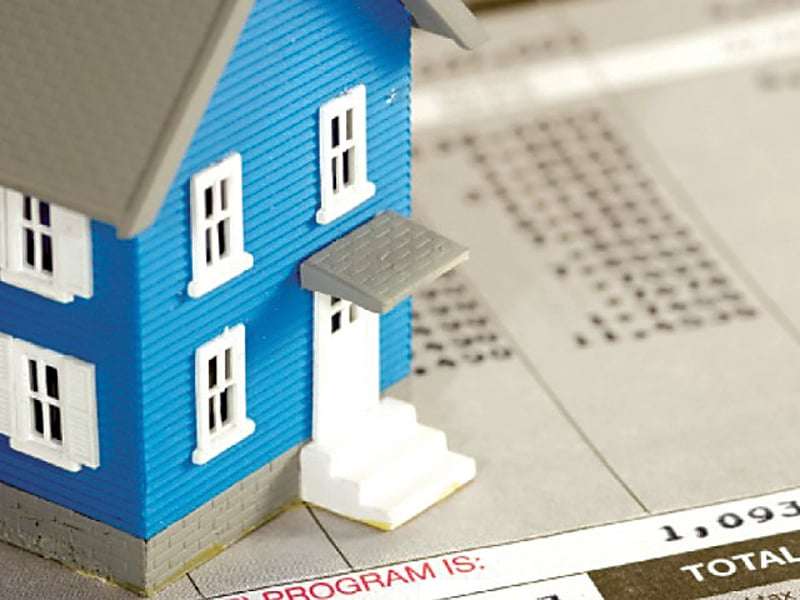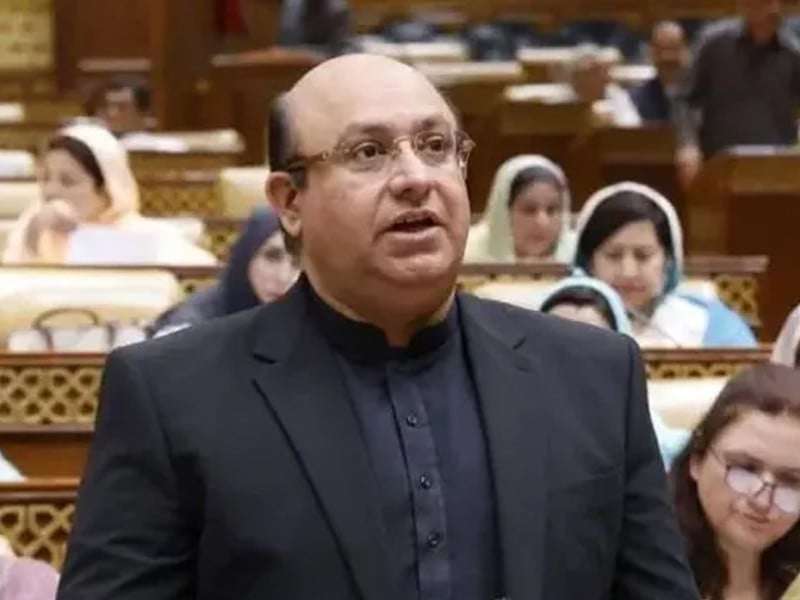Pakistan Government Revokes 3% Excise Duty on Property Sales Following Industry Pressure.
ISLAMABAD:
In a major policy reversal, the federal government has officially decided to eliminate the 3% Federal Excise Duty (FED) previously imposed on the first sale of real estate in Pakistan. The tax, introduced less than a year ago, drew sharp criticism from real estate stakeholders, prompting its removal to ease market concerns.
The move is part of broader consultations with the International Monetary Fund (IMF) and comes ahead of the upcoming fiscal budget for 2025–26. A senior official from the Federal Board of Revenue (FBR) confirmed to The Express Tribune that the government has already initiated the process to repeal the FED, which was levied on both filers and non-filers.
According to FBR insiders, the duty—3% for filers and 5% for non-filers—will no longer apply to property allotments or transfers. A formal request has been submitted to begin the necessary legislative changes.
Dr. Najeeb Memon, the spokesperson for the FBR, noted that the recommendation to withdraw the FED was made by the Prime Minister’s housing sector task force. Legislation to enforce the change is expected soon.
The tax faced significant opposition as it was perceived to overstep provincial authority since property matters fall under the jurisdiction of provincial governments. Consequently, many real estate regulatory bodies were reluctant to collect the tax, and numerous legal challenges emerged across the country.
Finance Minister Muhammad Aurangzeb has already approved the summary, which will now be placed before the federal cabinet to modify the Federal Excise Duty Act. The aim is to complete the repeal process within the current month, contingent upon legal approvals.
An IMF mission dedicated to reviewing the federal budget will visit Pakistan on May 14, before the official budget presentation expected in early June.
When asked, IMF Resident Representative Mahir Binici did not offer any comments regarding the IMF’s stance on this tax removal.
A Look Back at the Tax
The now-scrapped excise duty applied to the first transaction of residential and commercial properties from July 1, 2024. It was implemented during the previous budget cycle and targeted transactions at the point of booking, allotment, or transfer. Rates varied based on the filer status of the buyer—3% for filers, 5% for late filers, and 7% for non-filers.
In addition to the FED, the government had also introduced other taxes in the previous budget. These included:
- Luxury home taxes in Islamabad:
- Rs500,000 for farmhouses between 2,000 and 4,000 square yards
- Rs1 million for farmhouses over 4,000 square yards
- Rs1 million for residential homes between 1,000 and 2,000 square yards
- Rs1.5 million for homes exceeding 2,000 square yards
- A 4% stamp duty on property transactions in the Islamabad Capital Territory
- A 10% income tax surcharge on individuals with an annual income of Rs10 million or more
Sources suggest that the income tax surcharge may also be withdrawn starting in July. Additionally, the government is exploring ways to lower the tax burden on salaried individuals by adjusting tax slabs and increasing the minimum taxable income. These proposals, however, still need approval from the IMF mission visiting next month.
Industry Response and Broader Impact
According to real estate expert Ahsan Malik—also a member of the Prime Minister’s Task Force on Housing—the removal of the FED will help revive a sluggish real estate market. Since the FED was non-adjustable (unlike withholding taxes), it added considerable pressure on developers and buyers alike.
Despite a cooling market, the FBR managed to collect Rs108 billion from property-related withholding taxes in the first half of the current fiscal year—an 18% increase over last year.
The PM’s task force has also urged the government to repeal the deemed income tax on properties, calling it unconstitutional and a provincial matter. Other recommendations include:
- Standardizing stamp duty across provinces and Islamabad
- Removing the capital value tax in Islamabad
- Coordinated tax policy through the National Tax Council
- Updating property valuations every three years to reflect market trends
- Exempting transaction taxes for affordable housing projects, first-time homebuyers, and government-allocated plots
- Returning to a slab-based capital gains tax system
- Reducing input costs through rationalized taxes on construction materials
- Bringing interest rates into single digits, although this suggestion has been rejected by the central bank and the IMF
FAQs – 3% FED on Property in Pakistan
1. Why was the 3% Federal Excise Duty on property removed?
The duty faced strong resistance from the real estate sector and was legally contested due to jurisdictional issues. It was also considered harmful to market activity.
2. Who imposed the FED on real estate transactions originally?
The tax was introduced by the federal government in the previous fiscal year’s budget and applied from July 1, 2024.
3. What property types were affected by the excise duty?
The duty applied to the first sale of all commercial and residential plots, homes, and apartments across Pakistan.
4. Is the decision to repeal the FED final?
Yes, the government has approved the summary and plans to finalize the repeal through legislation this month.
5. Will there be more tax reliefs in the upcoming budget?
Possibly. The government is considering lowering tax rates for salaried individuals and removing the income tax surcharge, subject to IMF approval.



